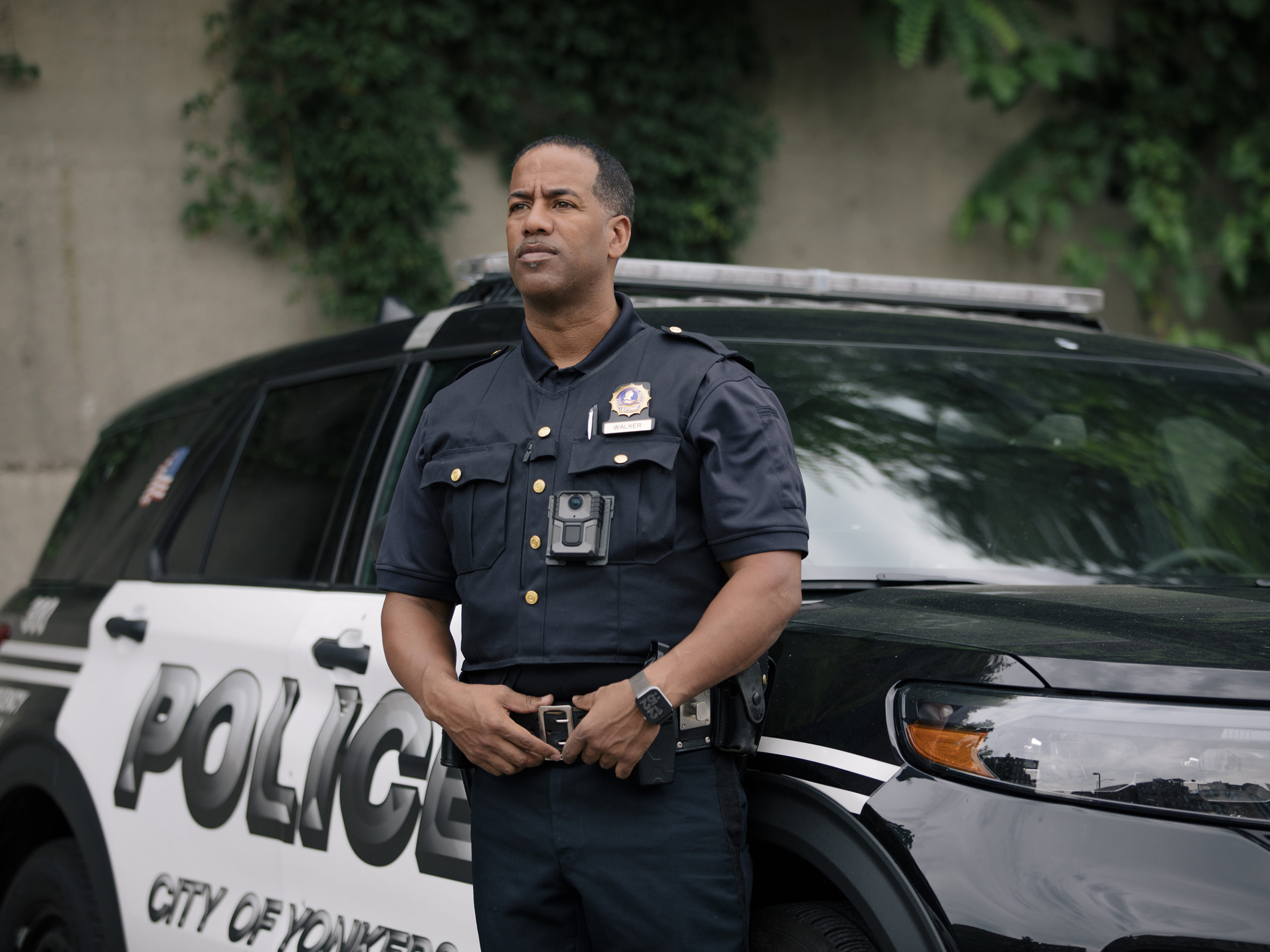
Police interactions with people with intellectual and developmental disabilities (I/DD) sometimes end badly. Officer responses can quickly go off the rails, as an article this week on the handcuffing of a 10-year-old nonverbal boy with autism in North Carolina makes all too clear.
This week I listened to a terrific podcast from Police 1 about how to improve law enforcement response. I wanted to share what was discussed and add my own follow-up with the podcast’s featured guest, Leigh Anne McKingsley, director of The Arc’s National Center on Criminal Justice and Disability.
“For this population, de-escalation is the name of the game,” McKingsley tells Policing Matters host, Jim Dudley, a 32-year veteran of the San Francisco Police Department. Our approach is “let’s get in front of the crisis before it happens.”
RELATED NEWS: States Consider Ways to Keep Autistic Drivers Safer During Traffic Stops
For its part, The Arc offers Pathways to Justice, a comprehensive, community-based program that works with law enforcement, victim service providers, the legal system and communities to establish disability response teams, and also helps to train those teams. (Interested communities should reach out to The Arc and to local Arc chapters.)
“We hear mental health talked about, but there never seems to be space to talk about I/DD specifically. The point of the Pathways training is to address this,” McKingsley tells The Boost.
Her suggestions for police include:
- Slow things down;
- consider whether disabilities are playing a role (are there support people with this person who can help answer questions?) and make accommodations, such as creating some physical space and minimizing sounds;
- call a Crisis Intervention Team (CIT), if one exists in the community, to bring in someone with more experience. (Additionally, Arc offers a free curriculum called CRIT, similar to CIT but incorporating more specific I/DD throughout the training.)
Additionally, the Bureau of Justice Assistance (BIA) offers police departments that want to train their officers on mental health, I/DD and crisis response a free curriculum called CRIT, (you’ll find the tool kit here), similar to CIT but incorporating more specific I/DD throughout the training. The program was created through The Academic Training to Inform Police Responses project, which has five partners including The Arc.
Also in the podcast, Dudley brings up the idea of training families and other caregivers for when law enforcement shows up at the door for reasons ranging from the individual in question potentially being victimized to a behavior that has occurred. For one, he said, it’s more challenging for police to deal with a person with I/DD who’s locked in a bedroom — “We don’t know what we’ll find on the other side of the door” — than if they were sitting, say, in a common area.
McKingsley suggests that a type of home crisis plan be created. “People in the disability field know about having plans, just think of the IEP,” she tells The Boost. “Having a plan in place where people with I/DD know what to do and how they should respond, and creates an early touch point with local police so they already understand the situation” can be a big help.
She also notes that a solution increasingly looked at by law enforcement, disability advocates, and others is voluntary registries. (See The Arc’s Policy Brief on registries here.) She cautions that these registries raise privacy issues and that “a key question is [still] whether the responding officer has the training to interact with that person. … It’s a quick fix that makes people feel better, but there’s no federal data yet on how effective they are.”
It all comes down to listening, talking and education. “Inclusion means we can all exist together and don’t have to fear what we don’t know,” McKingsley says. “We just have to learn about what don’t know.”
Photo: Creative Commons/NPR



